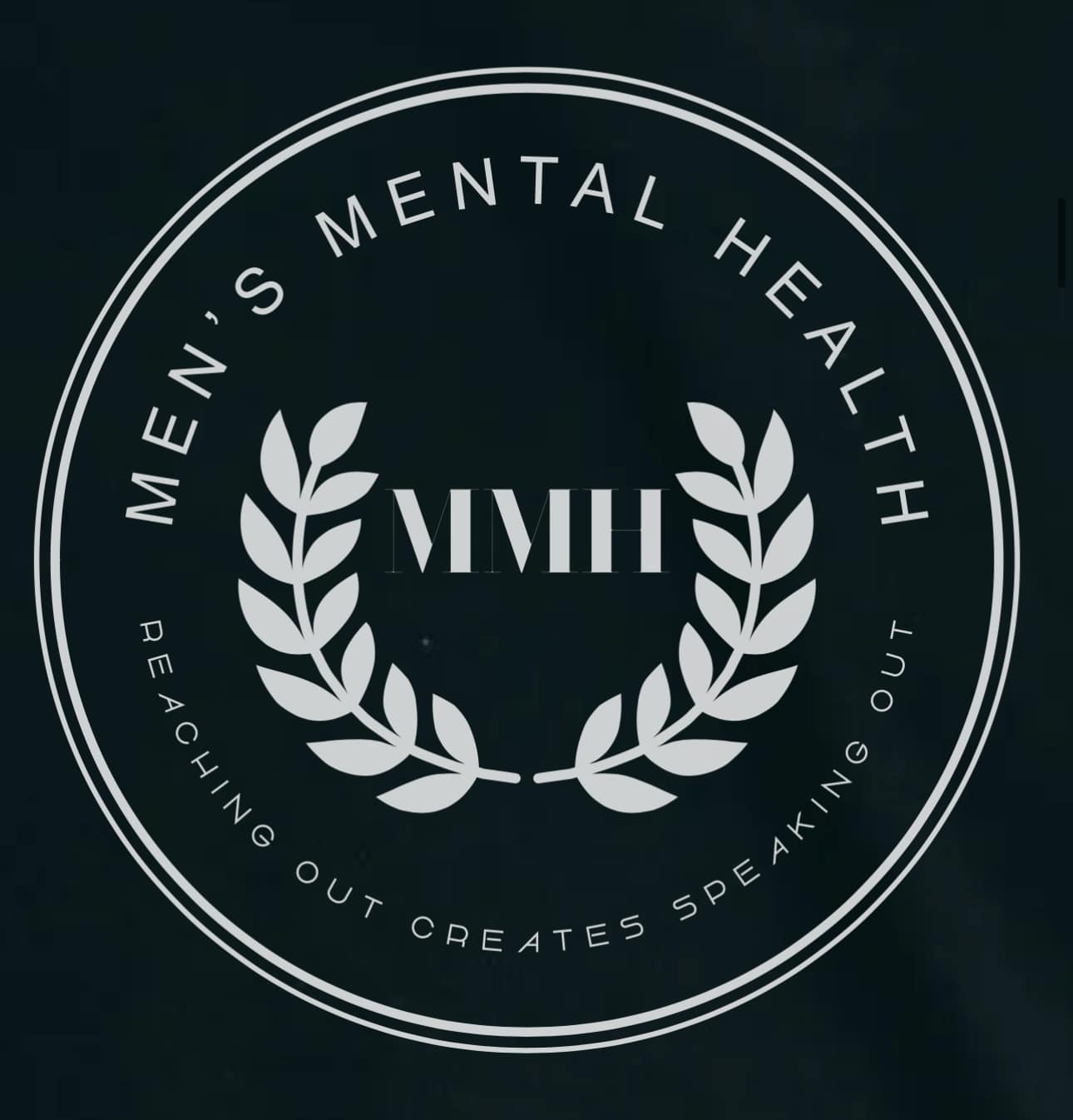The Invisible Impact: How Do Bad Peers Affect Your Mental Health?

Captivating Insights on Peer Influence
Have you ever noticed how certain friends can affect your mood, decisions, and mental health? In our fast-paced, connected world, the company we keep has an undeniable effect on our well-being. For many, "bad peers" are those who engage in harmful behaviors, like substance abuse, bullying, or promoting toxic competition. These relationships can quietly multiply stress and anxiety, leading to more significant mental health issues over time. Recognizing their impact is the first step to making positive changes in our lives.
Decoding Peer Influence on Mental Health
The influence of peers can show itself in various forms. A 2021 study by the National Institute of Mental Health found that 60% of teens reported feeling pressured to engage in risky behaviors when with the wrong crowd. This pressure can push individuals to ignore their values and neglect their mental well-being.
Additionally, social comparison plays a critical role in shaping our self-perception. When friends consistently display high standards or engage in competitive behaviors, it fosters feelings of inadequacy and sadness. For instance, studies reveal that individuals exposed to social media content showcasing curated, idealized lives are 50% more likely to develop anxiety and depression.
The Cycle of Negative Influence
Peer pressure can be particularly strong during adolescence and young adulthood. Emotions and behaviors tend to reflect those of close friends. A study from the University of Virginia revealed that teens who associate with peers demonstrating negative behaviors are 75% more likely to adopt those same habits.
The emotional strain of remaining in a negative environment can further lead to isolation. Individuals may withdraw from supportive relationships, fearing judgment or conflict. This withdrawal can make feelings of loneliness and depression even worse. Acknowledging these signs is crucial for breaking the harmful cycle.
Strategies to Break Free from Toxic Relationships
Recognizing the need for change is the first step toward mental wellness. Here are a few practical strategies to help break free from unhealthy relationships:
Reflect on Your Relationships: Consider whether your friends help or harm your mental health. Write down a list of the relationships you value and identify which ones feel draining or negative.
Set Clear Boundaries: It's crucial to communicate your limits with peers who encourage harmful behavior. Practice assertiveness and saying no. For example, if a friend invites you to a party where you know drugs will be present, confidently decline.
Surround Yourself with Positive Influences: Seek out individuals who uplift and motivate you. Positive relationships can significantly boost self-esteem and inspire healthier choices. Engage in activities that connect you with supportive friends, such as group sports or volunteer work.
Empowering Yourself Through Mindful Connections
The impact of toxic peers on mental health often goes unnoticed, shaping our progress in subtle ways. By becoming aware of these dynamics, individuals can take charge of their lives and cultivate healthier mental states.
Reflecting on the influence of peers, setting boundaries, and pursuing uplifting connections are essential steps toward emotional resilience. As we navigate a world full of social pressures, being mindful of our relationships can serve as a shield against mental health issues. Ultimately, improving our mental health isn't just a personal journey—it's about nurturing the quality of our connections with others.
